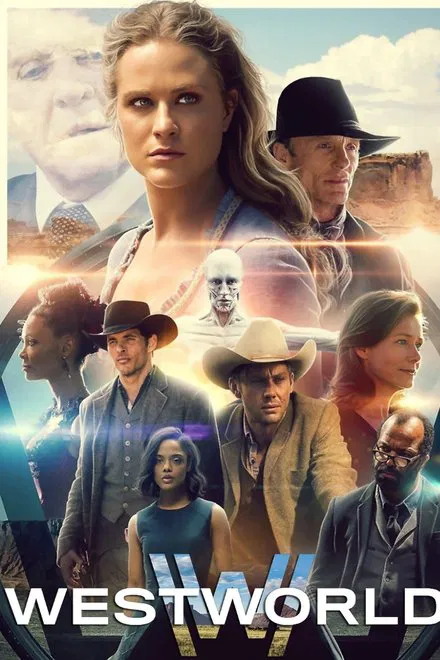
Created by: Jonathan Nolan, Lisa Joy
Starring: Evan Rachel Wood, Thandiwe Newton, Jeffrey Wright, Ed Harris, Anthony Hopkins, James Marsden
🤖 Introduction: Hosts, Humans, and the Maze
Westworld (2016–) is an HBO series that transforms the theme park of Michael Crichton’s original story into a meditation on consciousness, identity, and the blurring of artificial and human life. The show’s twisting timelines, unreliable narrators, and hidden agendas have spawned some of the wildest and most intricate fan theories in modern TV history. Here, we break down five of the most compelling debates among Westworld fans.
🔄 Theory One: The Multiple Timeline Hypothesis
From its earliest episodes, Westworld played with time—using flashbacks, parallel storylines, and reveals that force viewers to re-examine everything they’ve seen. The popular “multiple timeline” theory suggests that the show’s narratives are not happening simultaneously, but across different decades, with characters like William (Jimmi Simpson) and the Man in Black (Ed Harris) revealed to be the same person at different points in time. This reading not only explains major twists, but also deepens the show’s exploration of memory, regret, and the nature of change.
🧠 Theory Two: Who is a Host?
Perhaps no question is more debated than: who is human, and who is a host? The show deliberately blurs the distinction, planting clues and red herrings throughout. Fans have theorized about Bernard (Jeffrey Wright), who is ultimately revealed to be a host copy of Arnold, and even about “real” humans who may not be what they seem. These debates speak to the show’s central question: at what point does artificial intelligence become indistinguishable from humanity?
🕳️ Theory Three: The Maze and the Search for Consciousness
The first season’s central puzzle—the maze—is interpreted by some as a literal map, by others as a metaphor for self-awareness. The journey to the center of the maze is a journey inward, a process by which hosts “wake up” to their own existence. Dolores (Evan Rachel Wood) and Maeve (Thandiwe Newton) become avatars for the audience’s own search for meaning, memory, and autonomy.
🎭 Theory Four: Ford’s Plan and the Illusion of Free Will
Dr. Ford (Anthony Hopkins), the park’s creator, is a master manipulator whose long-term plan is only slowly revealed. Some fans theorize that every apparent rebellion or discovery by the hosts is actually part of Ford’s script—a commentary on the illusion of free will in both fiction and life. This leads to endless speculation: is any character ever truly free, or are they all following pre-written loops?
🎯 Final Thoughts: The Future of Consciousness
Westworld’s complexity is both its greatest asset and its greatest challenge. The show invites viewers to question the boundaries between machine and human, reality and fiction, past and future. Its fan theories reflect our anxieties and hopes about artificial intelligence—and our own place in an ever-more complicated world. In the end, the real maze may be the one we build for ourselves, searching for meaning in a world where every answer only leads to more questions.